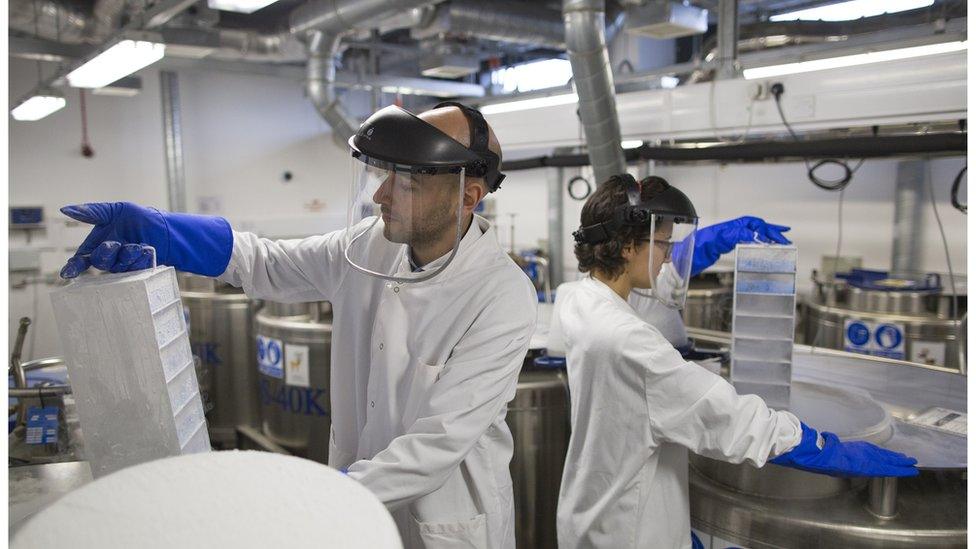Call to assure status of EU scientists in UK post-Brexit
- Published
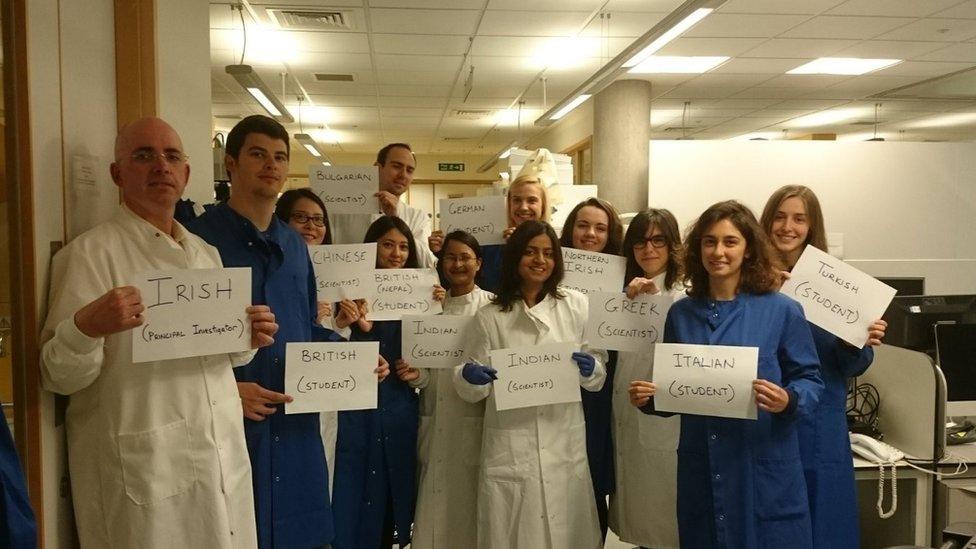
A multinational group of cancer researchers at Oxford University uncertain about their future.
The president of the Royal Society has called on the government to guarantee the residency of EU citizens in the UK.
Prof Sir Venkatraman Ramakrishnan says EU scientists working in Britain could leave amid a climate of uncertainty.
The Science Minister, Jo Johnson, said the UK would continue to attract the brightest and best to work in the country's universities.
He added that he hoped that the nation's research institutes would continue to receive EU funds.
British universities employ about 30,000 scientists from EU countries. Prof Ramakrishnan said uncertainty over their status was "really detrimental".
"People can't be expected to work under those circumstances. Many of them may be considering other options and many of them may not come to the UK for that reason," he told BBC News.
"What would we do if over the next year or two if they all left? Because these are real people with families and careers to think about, and they will be much sought after by other countries - instability could lead to a short term brain drain with us losing 16% of a highly skilled work force. These people need real reassurance about their future."
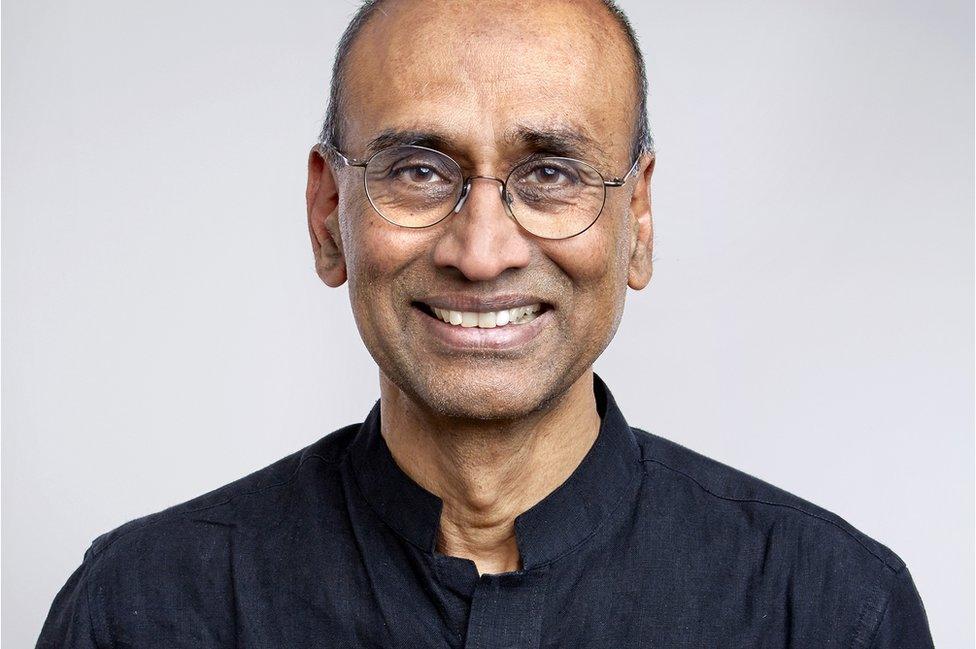
Prof Sir Venkatraman Ramakrishnan: "People need real reassurance"
Prof Ramakrishnan says the government has to reassure all EU citizens, including the 30,000 academics and scientists, that their status is safe and that they will be able to continue to work regardless of what happens with the negotiations. He also called on ministers to make that commitment now.
"That single step alone will go a long way to reassuring the community and it will also go a long way in maintaining our image as a welcoming and open society," he said.
"This should not wait until there is a new Prime Minister. If we are not an attractive destination where people feel they will be welcome, the best will simply go somewhere else and our science will decline."
Earlier, Prof Ramakrishnan's predecessor as president of the Royal Society, Prof Sir Paul Nurse said that freedom of movement has to continue in any post-Brexit negotiations for British science to thrive. It is not just that freedom of movement makes it easier to attract scientists from EU nations, he says; it is a requirement for full membership of the main European research funding body.
UK universities currently receive 10% of their research funds from EU sources - amounting to around £1bn each year. Full participation also allows UK researchers to form valuable research collaborations and to have a say in choosing areas of research.
No commitment
In response, the Science Minister said the UK needed to be able to keep bringing the best people to the UK - but he could not commit to any policy until at least September when a new Prime Minister is chosen by Conservative party members.
"We have got to look at what relationship we can establish with respect to future (funding) programmes the EU operates in the process of negotiations that will be undertaken once new leadership is in place. That is not something I can commit to today," Mr Johnson told BBC News.
"This is going to be a complex piece of work and I can't commit to a particular definition of freedom of movement for you. But it is obviously going to be important that the UK stays open to the brightest and best from the EU and from around the world."
Leave campaigners have argued that many countries which are neither EU members nor have freedom of movement, receive European funding. They also say that a points system would allow talented researchers to live and work in the UK as it currently does with the thousands of non-EU researchers currently working in UK Universities.
Prof Jeremy Farrar, director of the Wellcome Trust, warned his fellow leaders of the scientific community not to be too bullish in their demands to government - reminding them that a majority of the electorate had voted to leave the EU and unrestricted migration was a concern among many of them.
"Science will not thrive if it does not have the support of wider society," he said.
Follow Pallab on Twitter, external
- Published29 June 2016
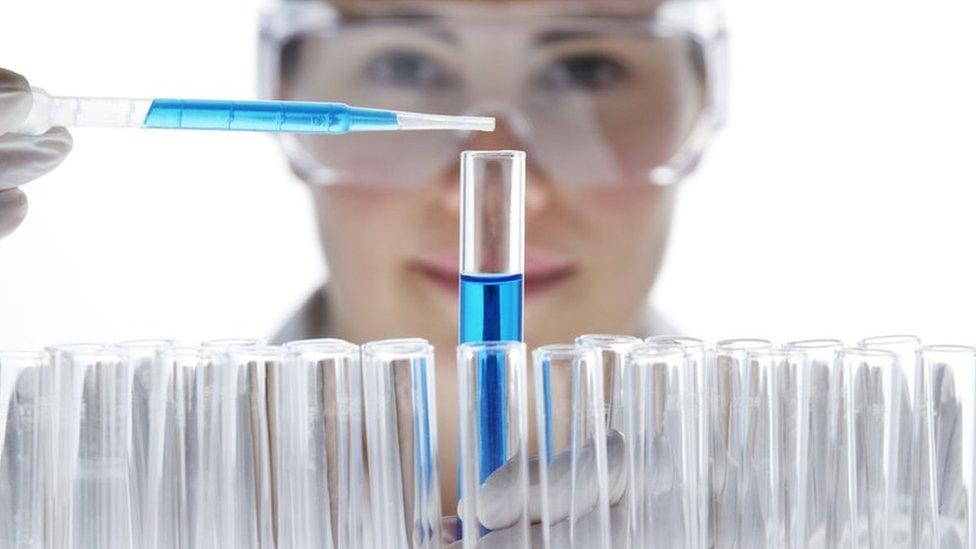
- Published28 June 2016
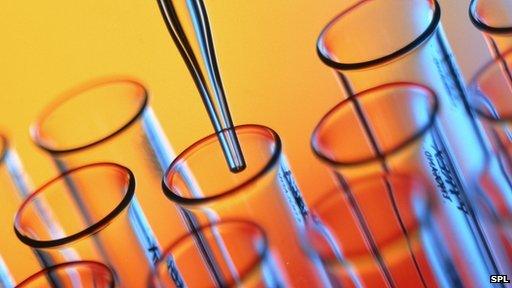
- Published24 June 2016
